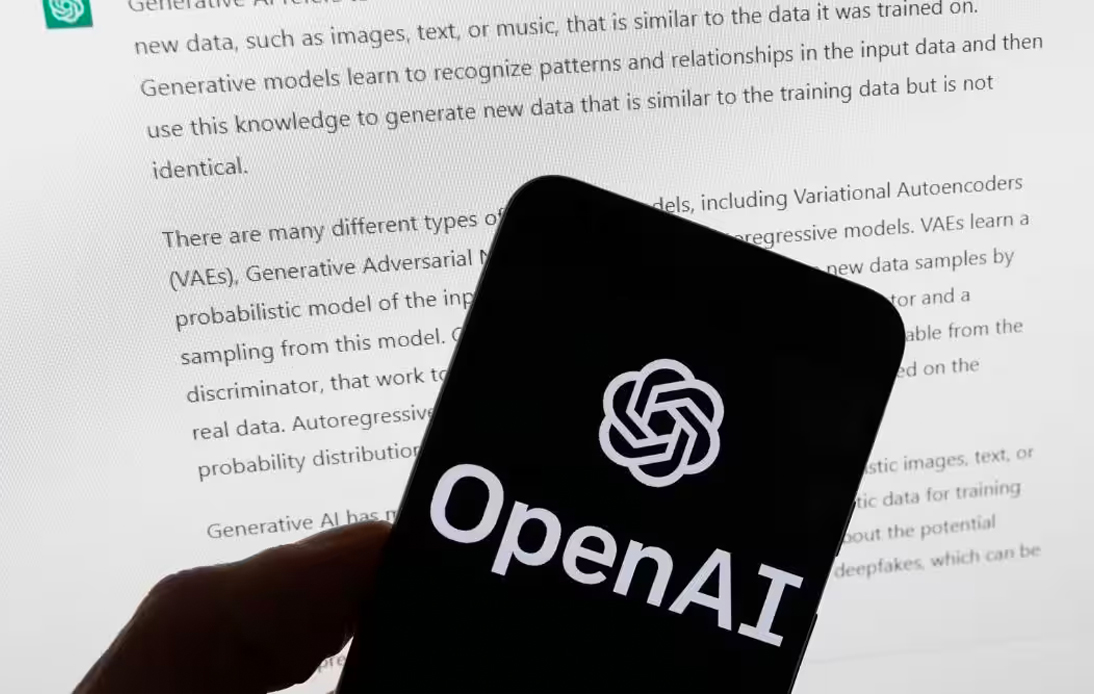
OpenAI, the creator of ChatGPT, has confirmed that the chatbot now possesses internet browsing capabilities to offer users up-to-date information.
Previously, the AI-driven system was only trained using information available up to September 2021.
This development implies that some premium users can now inquire about contemporary events and access the latest news through the chatbot. OpenAI has announced plans to extend this feature to all users shortly.
Earlier this week, it was also disclosed by OpenAI that ChatGPT would soon facilitate voice interactions with users.
ChatGPT, along with comparable systems, utilizes extensive data to formulate responses that closely mimic human interaction.
These advancements are predicted to revolutionize how individuals seek information online.
However, up to this point, the chatbot’s “knowledge” was static, based on the internet content up to September 2021. It lacked real-time internet browsing abilities.
For instance, if you inquire of the free version about the most recent earthquake in Turkey, or the current status of Donald Trump, it would respond, “I’m sorry, but I cannot provide real-time information”.
The inability of ChatGPT to consider recent developments has deterred some prospective users.
“If this functionality or capability weren’t there, you would need to go to Google or to Twitter or to your preferred news outlet. Now, you can treat this as a source of the latest news, gossip and current events,” stated Tomas Chamorro-Premuzic, professor of business psychology at University College London.
“So the main implication is that it’s going to absorb a lot of the incoming questions and inquiries that were going to search engines or going to news outlets,” he stated.
However, he also highlighted a potential downside, mentioning the necessity for accurate sourcing to avoid disseminating misleading information.
“I think that’s a good thing in terms of getting quick responses to your pressing, burning questions,” he said, but warned that without sourcing, information provided through ChatGPT could be misleading.”
“If it’s not stating in a reliable way what the sources are, and it’s simply doing a mix and a mish mash of what exists out there… then the concerns are around accuracy and people just assume the information they get there is reliable when it’s not.”
OpenAI has already attracted the attention of US regulators due to concerns about ChatGPT disseminating incorrect information.
Earlier this year, a letter was sent by the Federal Trade Commission (FTC) to the business, which is backed by Microsoft, seeking details on how it manages risks to individual reputations.
Reacting to this, the Chief Executive of OpenAI assured that the organization would collaborate with the FTC.
ChatGPT did not have browsing capabilities initially due to multiple reasons, including computing costs and the security provided by limiting access to the existing data, which prevents the dissemination of harmful, illegal, or misleading content found on the internet.
When questioned about the delay in implementing real-time data access, ChatGPT attributed it to the extensive time and resources needed for developing language models and the potential inaccuracies stemming from real-time data.
It also mentioned certain privacy and ethical considerations, particularly related to accessing copyrighted content without authorization.
The enhancement of ChatGPT’s features exemplifies the significant dilemmas prevalent in the AI industry. For AI to be genuinely beneficial, some restrictions must be relaxed, potentially leading to increased risks and vulnerabilities to misuse.




















